
Welcome to Artigance
Your source for Fashion / Women (EN) insights. Explore our articles and guides.
Our topics
Explore all our Fashion / Women (EN) content
What our readers say
They trust us
« A fantastic site, I read it every day. »
« Well-researched articles that are a pleasure to read. »
« The go-to reference in the field, period. »
Latest articles
Our recent publications
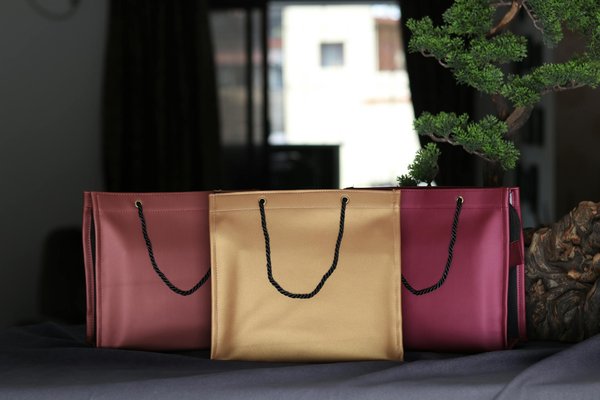
How can UK women adapt vintage fashion trends for modern looks?
Embracing timeless style with today's sensibility...

How Does UK Women's Fashion Define Modern Beauty Standards?
UK women's fashion plays a pivotal role in shaping modern beauty standards by constantly reflecting and redefining what ...

Revitalize Your Locks: The Ultimate Guide to Plant-Based Proteins for Healthy and Luminous Hair Repair
Plant-based proteins have gained prominence as natural remedies for hair health. These proteins play a crucial role in h...

Discover stylish balenciaga skirts for women today
Balenciaga skirts have captured the attention of fashion-forward women worldwide, offering innovative designs that blend...

Discover this year's trendiest winter outfit color pairings: top combinations for style
Winter fashion trends this season highlight trending color combinations that elevate stylish winter outfits with fresh v...

Essential fashion staples: must-have pieces for every woman's versatile wardrobe
Building an essential wardrobe revolves around selecting foundational fashion pieces that offer both style and practical...
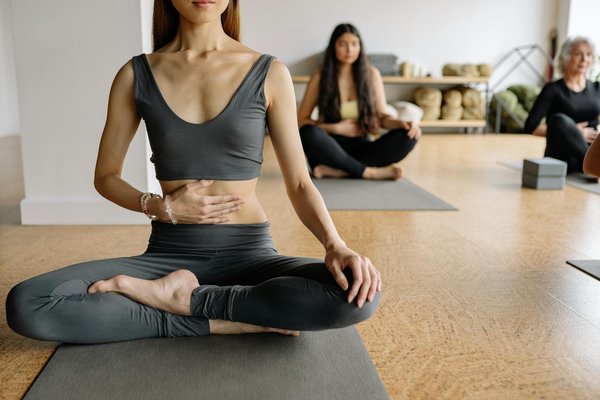
Indulge in style: louis vuitton lingerie for women
Louis Vuitton's intimate wear collection represents the pinnacle of luxury in women's undergarments, combining French cr...
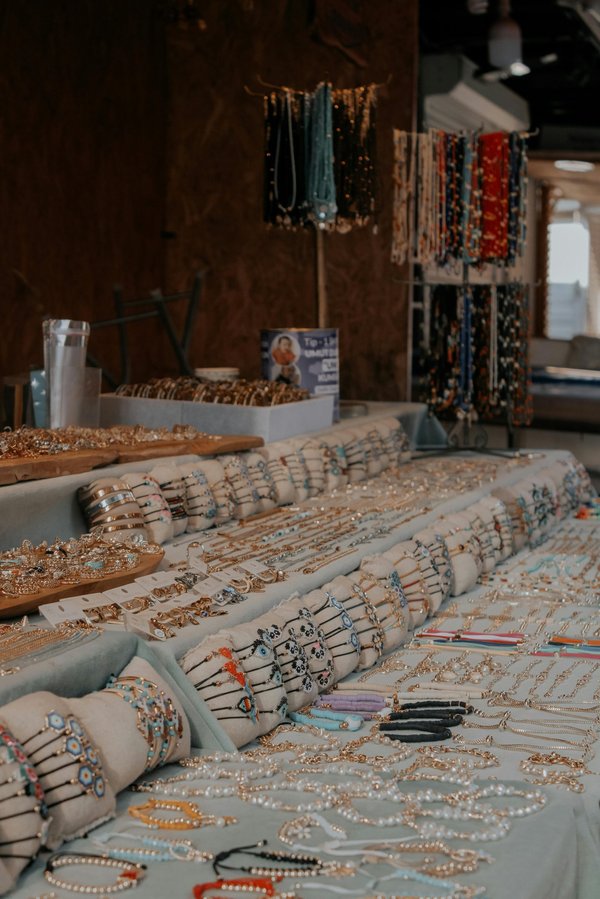
Ocean-inspired handcrafted jewelry: embrace nature's beauty
The market for handcrafted jewelry is projected to grow by 23% in 2026, according to the Global Jewelry Market Report, r...

Shimmer and Shine: The Definitive UK Guide to Rocking Sequin Tops for Every Festive Celebration
Sequin tops are a staple in festive wear, particularly in the UK fashion scene, offering a touch of sparkle for any even...

Uncover timeless steampunk fashion: style & accessories guide
Steampunk fashion merges Victorian elegance with industrial innovation, creating a unique style rich in history and imag...

Eco-Chic Elegance: Transforming Luxury Evening Wear with Recycled Fabrics
Eco-chic luxury evening wear is defined by its fusion of elegance with environmental consciousness. This trend has gaine...

Elevate Your Style: Creative Ways to Blend Vintage Handkerchiefs with Contemporary Fashion Trends
The resurgence of vintage handkerchiefs in fashion is more than a trend; it's a nod to history and sustainability. Once ...
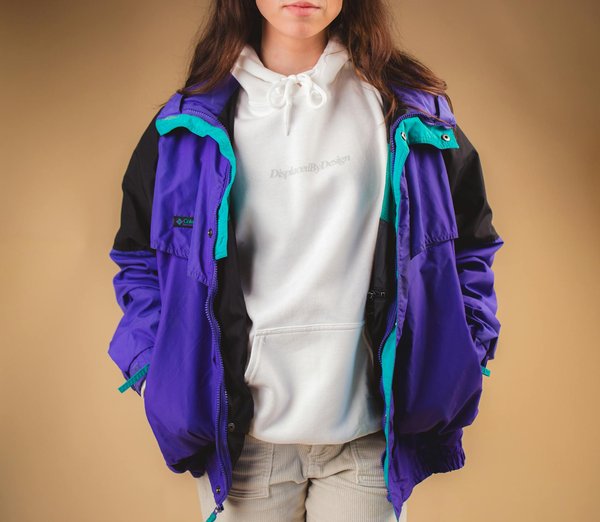
Ultimate Guide to Maintaining Pristine White Sneakers in the UK's Muddy Weather
The love for white sneakers is universal, yet their maintenance in the unpredictable muddy weather of the UK presents un...

Curate your eco-friendly capsule wardrobe: explore leading sustainable fashion brands in the uk
The concept of an eco-friendly capsule wardrobe revolves around curating a minimal collection of clothing that is both s...
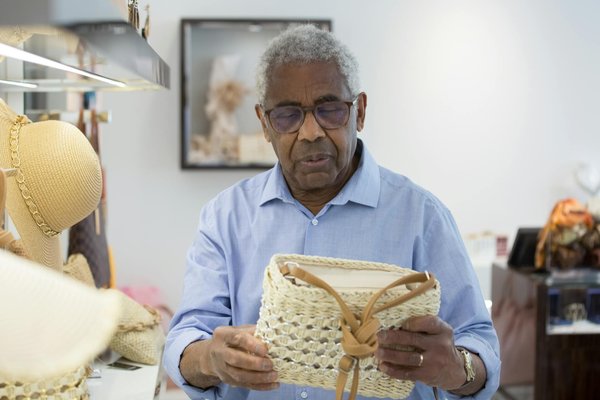
Discover the Best UK Brands Creating One-of-a-Kind Custom Hats You'll Adore
The UK's custom hat market is buzzing with creativity and craftsmanship. Leading brands in the UK have made a name for t...

Urban chic with classic barbour jackets: modern styling tips for city life
Barbour jackets are timeless pieces that seamlessly blend classic charm with urban chic, making them ideal for city livi...

Discover London's Hidden Fragrances: Your Ultimate Guide to Unforgettable Boutique Perfume Shops
Boutique perfume shops offer an alluring escape from the bustling world of mainstream fragrance, encapsulating scents th...

Discovering adaptive fashion for disabled women in the uk: the essential guide to custom clothing solutions
Adaptive fashion in the UK refers to clothing specifically designed to meet the unique needs of individuals with disabil...

Explore the latest in shoes and accessories from top retailers
Discover this season's latest shoe trends and accessory releases from top retailers, all curated to match diverse styles...
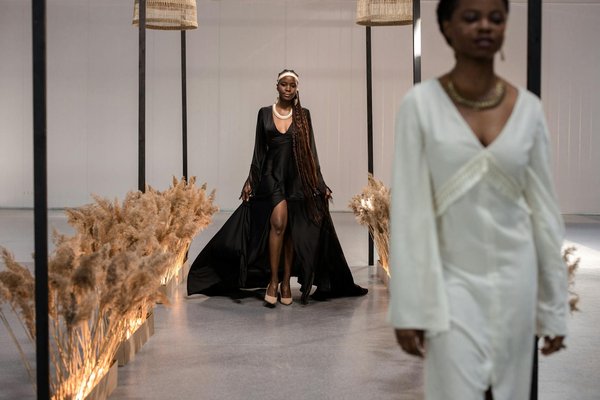
Find your perfect animal charms for a personal touch
Animal charms offer a beautiful way to showcase your unique personality through jewelry that truly speaks to who you are...

Uncover trendy footwear and accessories at your favorite shoe store
Discover the latest in stylish footwear and accessories designed to elevate your wardrobe. Your favorite shoe store offe...
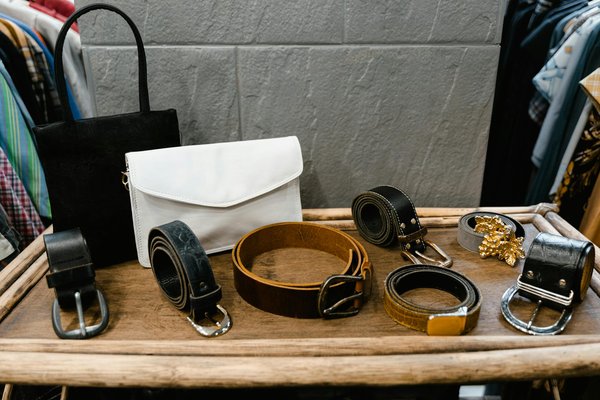
Why prioritizing quality over quantity elevates your fashion wardrobe: uncover the advantages
Choosing quality over quantity in your wardrobe immediately transforms your daily dressing experience. One of the primar...

Discover Natural Solutions for PMS Relief: Enhance Your Well-Being the Organic Way!
When seeking natural PMS relief, quick lifestyle adjustments can offer significant comfort. One effective approach is to...

Find your strength: the ultimate no contact app guide
Did you know that 73% of people who successfully maintain no contact after a breakup report using digital support tools,...
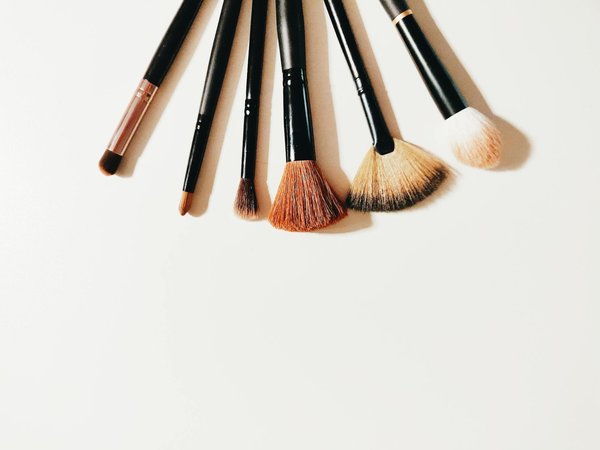
Seamless Style Switch: Your Ultimate Guide to Effortless Desk-to-Dinner Outfit Transformations
Work-life balance extends beyond just hours; it often includes our wardrobe. Versatility becomes essential in clothing c...

Top Tips for Selecting Sustainable Shoe Brands That Care for the Planet
Selecting sustainable shoe brands starts with understanding what sustainability truly means in the footwear industry. A ...
Frequently Asked Questions
Are the articles free?
Yes, all our content is freely accessible.
How often do you publish?
We publish several articles each week.
Can I contribute?
Contact us to submit your articles.
How can I stay updated?
Subscribe to our newsletter.